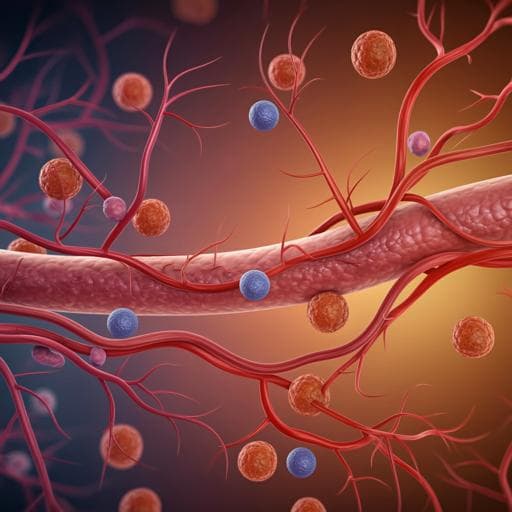
Medicine and Health
Role of dietary interventions on microvascular health in South-Asian Surinamese people with type 2 diabetes in the Netherlands: A randomized controlled trial
A. I. M. V. D. Velden, D. H. T. Ijpelaar, et al.
This groundbreaking randomized controlled trial conducted by Anouk I. M. van der Velden and colleagues reveals the unexpected effects of a fasting-mimicking diet and glycocalyx mimetic supplementation on microvascular health in Surinamese South-Asian patients with type 2 diabetes. While the fasting-mimicking diet had temporary benefits, it surprisingly worsened microvascular health. In contrast, glycocalyx mimetics showed promise in preserving microvascular function. Explore these essential findings that could change approaches to diabetes management!
Related Publications
Explore these studies to deepen your understanding of the subject.







